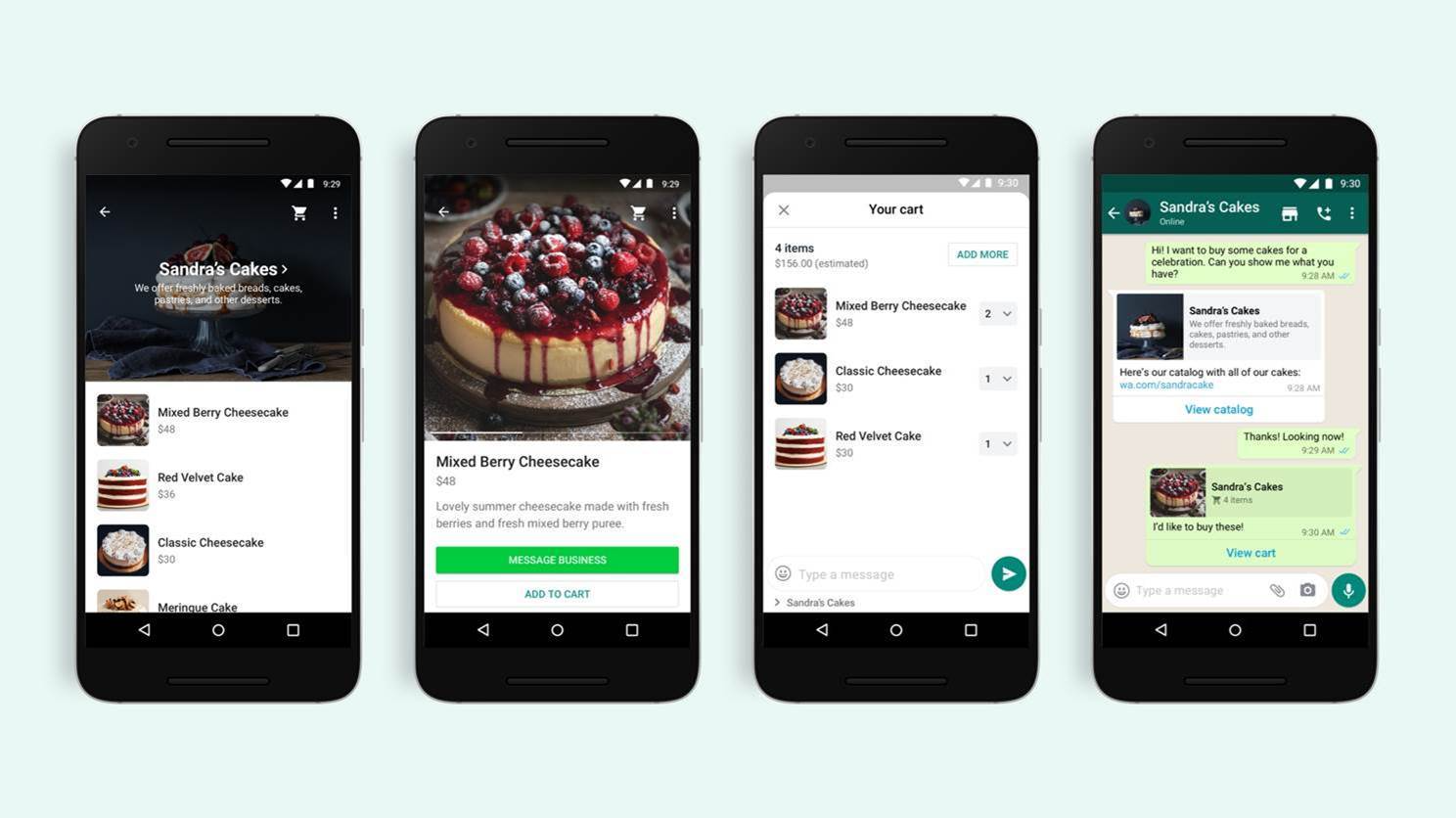WhatsApp said on Tuesday it is adding a new shopping feature to its app as the Facebook -owned instant messaging service looks to court more merchants and invite a larger portion of its 2 billion userbase to shop.
The instant messaging platform, where business accounts already process messages from more than 175 million people, said it is adding carts to WhatsApp around the world ahead of the holiday shopping season.
Carts are aimed at making it easier for consumers to buy multiple items from a business, and for merchants to keep better track of order inquiries and manage requests. WhatsApp said it is adding the new feature after early positive response from some businesses who tested it recently.
On WhatsApp, users will now see the option to add items to the cart. When done, users will be able to send the order request as a message to the business. WhatsApp said carts are going live for users across the globe today. (You can read the complete how-to flow here.)

In recent months, WhatsApp has added a number of features to supercharge the commerce experience on its app. It has unveiled QR codes, a dedicated shopping button, and the ability to share catalog links in chats. The platform is also offering free storage to merchants to host their business’s messages.
For WhatsApp, success with commerce is crucial. Despite its gigantic reach, it currently makes little to no money. The messaging app is available to users at no charge and also remains free of ads. But it stands to become a viable challenger to giants like Amazon and Walmart in at least emerging markets like India where e-commerce is still at a nascent phase.
In India, which happens to be WhatsApp’s biggest market by users, several businesses have kickstarted their journey on the Facebook-owned app. On Tuesday, DealShare, an Indian e-commerce startup, said it had raised $21 million in a new financing round. DealShare began its life on WhatsApp. But as commerce on WhatsApp gains traction, it might also pose a big challenge to emerging startups that are attempting to operate in the same space.
But one big element that remains missing from WhatsApp’s shopping experience is support for payments. As of today, when a user places an order with a business on WhatsApp, both parties are left on their own to figure out how money will exchange hands.
WhatsApp hasn’t had much luck with adding payments to its app so far. It was only recently that India permitted WhatsApp to roll out payments on its app to a larger subset of users. Brazil is the other market where WhatsApp rolled out payments this year, though the South American nation took no time in suspending the new service. Perhaps, Libra is the answer?
Comments
Post a Comment